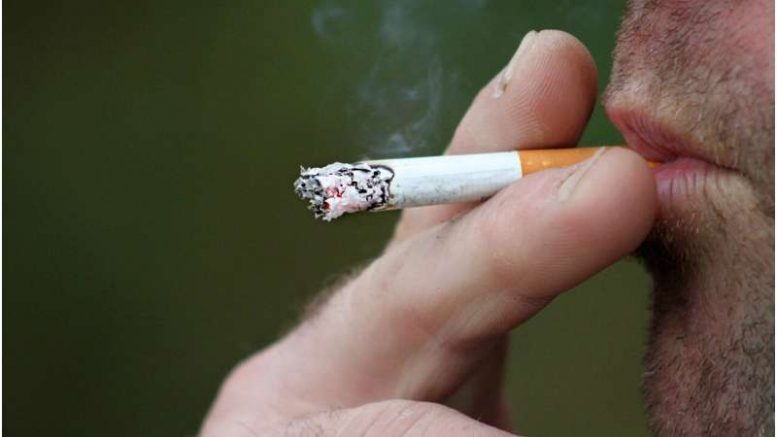According to a study, Latino smokers on Medi-Cal in California are still not getting the aid they need to quit.
Even with improved access to Medi-Cal, Latino smokers in California continue to receive less aid quitting smoking, according to a team of researchers from the UC Davis Comprehensive Cancer Center.
In California, there are around three million smokers, with Latinos accounting for a third of them. The inequality is highlighted by the findings of a cross-sectional study of 1,861 participants published today in the JAMA Network Open. When Latino smokers on Medi-Cal are treated by health professionals, the research demonstrates that they do not receive the same level of tobacco cessation guidance and help as non-Latino white smokers on Medi-Cal.
Cindy Valencia, the study’s lead author, believes that utilizing tactics to engage tobacco users outside of a clinical visit, such as proactive outreach and community-based engagement, could help close the gap. Valencia’s Ph.D. dissertation in Public Health Sciences included the research. She is the first Latina to complete the program.
«Access to health insurance coverage and health care services, such as tobacco cessation treatment, is a known barrier among Latinos, but it was thought that things would change with Medicaid expansion,» Valencia said. «Unfortunately, our research indicates that this is not the case.»
The Affordable Care Act (ACA) made Medicaid, often known as Medi-Cal in California, more accessible. By the fall of 2014, 2.8 million additional persons in California had acquired Medi-Cal coverage. Non-elderly Latinos made up about 41% of those newly covered. The number of smokers covered by Medi-Cal jumped dramatically following the Affordable Care Act, from 19.3 percent before the ACA to 41.5 percent afterward.
«We felt it was necessary to review the data to see whether there were any changes,» Valencia said. «Few studies have looked at whether access to tobacco treatment has improved for Latino smokers after increasing access to health care,» Valencia said.
Valencia goes on to say that the findings could be valuable in developing future health equity programs and investigations.
Valencia stated, «Latinos reported smoking less, going to the doctor less, and having less chronic ailments.» «As a result, even with health insurance, opportunities to discuss the health benefits of quitting smoking and tobacco treatment choices may be lost.»
The SToP Tobacco Program at the UC Davis Comprehensive Cancer Center, coordinated by Dr. Elisa Tong, already performs proactive outreach to tobacco users. This outreach is done in collaboration with the UC Davis Health Management Education team and Kick It California, a non-profit organization that offers free counseling in Spanish and Asian languages.
Tong and Valencia lead the CA Quits initiative at UC Davis’ Center for Healthcare Policy and Research, which offers a statewide learning collaboration and workgroup for health systems and health plans that serve Medi-Cal patients. As the cancer center continues to promote health equity, they intend to propagate these findings and implement similar tactics.






Be the first to comment on "According to a study, Latino smokers on Medi-Cal in California are still not…"